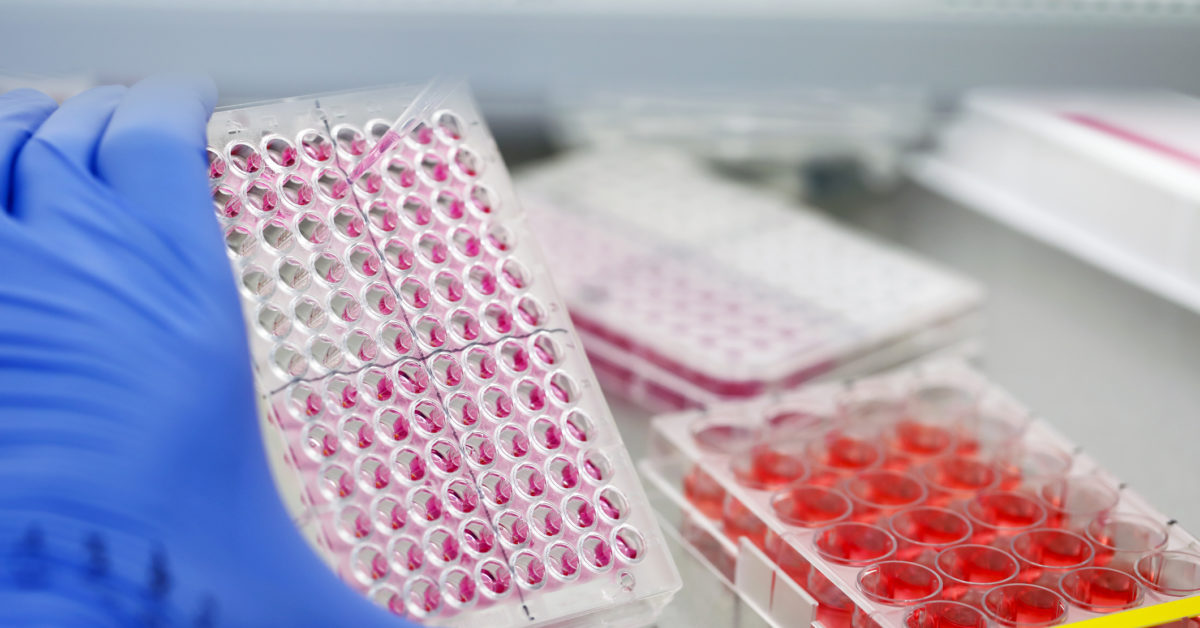A new type of antibody test may reveal whether someone has developed strong immunity to the virus that causes COVID-19. The test may also be much less likely to give false-positive results.

In the weeks after the emergence of SARS-CoV-2, the coronavirus that causes COVID-19, many companies rapidly developed tests, or assays, for detecting antibodies to the virus.
Unlike assays that detect the virus itself, antibody tests are meant to indicate whether someone has already had the infection and developed immunity to it.
However, there are concerns that a past infection may not necessarily confer strong immunity to future infections.
In addition, people may test positive as a result of previous encounters with other coronaviruses, such as some of those that cause the common cold.
Existing tests detect whether a person’s blood contains antibodies that bind to either the whole inactivated virus, a protein from its shell, or the spike protein that gives SARS-CoV-2 its characteristic crown-like structure.
According to a team of researchers — many from the University of North Carolina (UNC), Chapel Hill — there is a strong likelihood that some people with antibodies to other coronaviruses will receive false-positive results from such tests.
This is because coronaviruses have many features in common, particularly some of the sequences in their spike proteins.
To resolve this problem of poor specificity, the researchers have developed an antibody test that detects a feature that they believe is unique to SARS coronaviruses.
They have published their work in the journal Science Immunology.
In the paper, they warn of the dangers of relying on screening tests that have low specificity.
“Investigators have already encountered problems with the specificity and sensitivity of commercial assays rushed to market,” they write. “Widespread use of inaccurate antibody assays could lead to policies that exacerbate the current SARS-CoV-2 pandemic instead of containing it.”
To create a more accurate test, the researchers used part of the viral spike called the receptor binding domain (RBD), which binds to a particular protein on human cells in order to infect them.
RBDs vary considerably among coronaviruses, and the RBD of SARS-CoV-2 only has relevant similarity to the closely related SARS-CoV-1 virus, which caused the SARS outbreak of 2002–2004.
To gauge their test’s sensitivity and specificity, the researchers tried it on blood samples f

